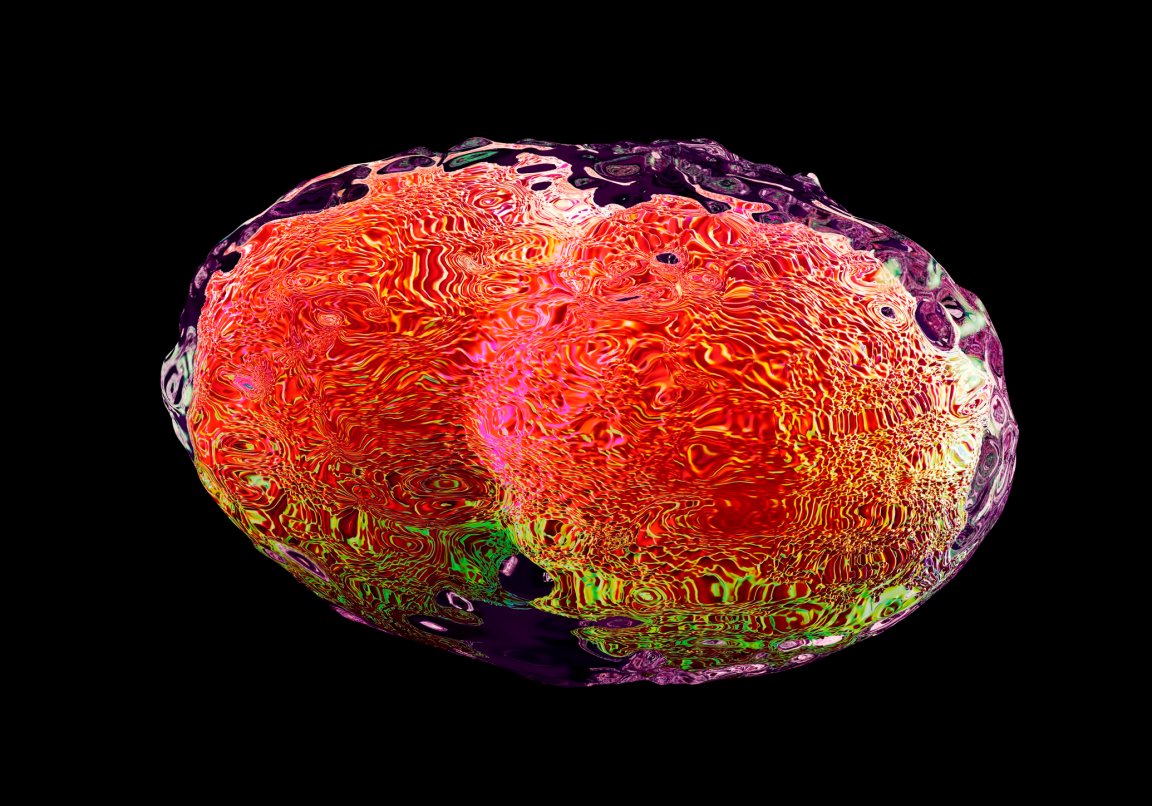
Synthetic Smallpox
Synthetic biology allows scientists to create life from scratch, and it could potentially facilitate the creation of everything from advanced biofuels to human organs. However, the technology also has the capacity to be abused.
The smallpox virus has been eradicated since 1980, with all known samples safely stowed away at facilities monitored by the World Health Organization. Synthetic biology holds the potential to bring it back.
In July 2017, researchers in Canada demonstrated the ability to revive an extinct strain of horsepox using synthetic DNA strands purchased online for around $100,000. The same methodology could potentially manufacture the smallpox virus for a relatively low cost — and create the potential for it to be used as a bioweapon.

“[Horsepox is] not going to kill any of us, but that suggests that somebody might in the future now possess the capability to produce synthetic smallpox without the live virus,” said President Trump’s homeland security advisor Thomas Bossert at this year’s Aspen Security Forum. “And that scares me to death, and it’s high time that we have a bio-defense strategy to address it, and this administration is going to create one.”
Watchful Eye
The National Academies of Sciences, Engineering, and Medicine is already holding a series of meetings to assess the threat posed by synthetic biology, in an attempt to support the Department of Defense’s Chemical and Biological Defense Program. Its primary goals are to establish what sort of security concerns this technology could pose, the potential timeframe that would be needed for bioweapons to be constructed, and what the best response to such a scenario would be.
Fortunately, most nation states are committed to the idea that biological weapons have no place in modern warfare. In December 2016, the 178 countries who have signed the Biological and Toxin Weapons Convention reiterated their stance that there are no circumstances in which this level of force would be warranted.
Of course, there is still the possibility that terrorists could use synthetic biology to facilitate an attack, although it would not be likely: it’s very difficult to produce a virus using this technology, let alone distribute it. Any group aiming to use bioweapons for terrorist operations would need a considerable amount of expert help and resources in order to pull it off.
Indeed, some scientists would argue that organic diseases are a much bigger cause for concern. “There’s a legitimate threat of emerging viruses and we need to be prepared for those things,” argued Sriram Kosuri, head of a synthetic biology lab at UCLA, according to a report from Wired. “The tiny threat of engineered viruses is miniscule [sic] compared to that.”